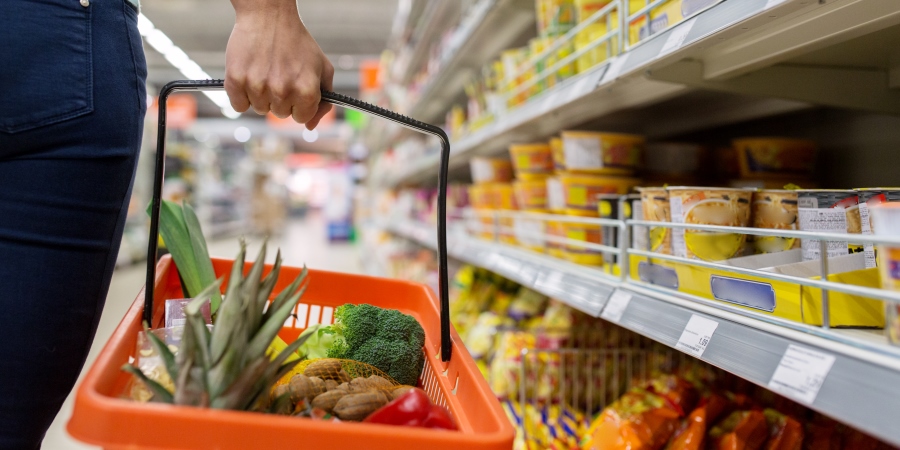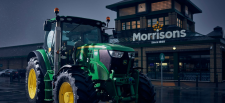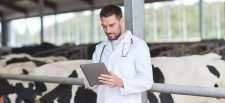Sales of supermarket own label lines continue to increase as consumers shift from branded products. Own label sales increased by 8.1% in September, while branded items declined by 0.7%, according to Kantar’s latest figures.
Take-home grocery sales rose by 4.8% in the third quarter of 2022 while grocery inflation currently stands at 13.9%, a claimed “record high”.
Kantar head of retail and consumer insight Fraser McKevitt said that based on its numbers, the average household is facing a £643 rise in their annual grocery bill to £5,265 if people continue to buy the same items. He added: “Taking that at a basket level, that’s an extra £3.04 on top of the cost of the average shopping trip last year which was £21.89.”
He said that consumers are looking for ways to manage budgets and to avoid paying more for their shopping and consumers are “hunting” for cheaper alternatives like supermarkets’ own label goods.”
However, he said Kantar hasn’t recorded “dramatic evidence” of diets changing. “While frozen veg sales have gone up slightly, there hasn’t been a big switch away from fresh products, which are still worth ten times more.”
McKevitt explained: “We’ve seen grocers making a virtue of visually imperfect fruit and vegetables in recent years, allowing them to carry on offering the fresh products consumers want but at a cheaper price. Many shoppers have been converted and sales of ranges like Tesco Perfectly Imperfect or Morrisons Naturally Wonky were up collectively by 38% this month.”
Sustainability concerns
Kantar said that while imperfect products offer environmental benefits by helping to cut food waste, its data suggests that the scale of price rises is “trumping sustainability concerns for many people.”
McKevitt added: “The proportion of British shoppers who try to buy products with more environmentally friendly packaging has slipped to 59%, down from 62% last year. Currently 13.5% of all fruit and vegetables are bought loose rather than pre-packed, so that’s still less than the 15% level we were at just before the pandemic.”
Leading retailers
For the fifth month in a row Lidl was the fastest growing grocer in this period, pushing up its sales by 20.9% over the 12-weeks, marginally ahead of Aldi whose sales rose by 20.7%, according to Kantar’s data. Lidl’s share of the market is now 7.1% which is an increase from 6.2% last year, and in comparison, Aldi rose to 9.3% from 8.0%.
Kantar’s figures recorded that sales at Sainsbury’s rose by 3.0% and Tesco increased by 2.5%, while Morrisons saw sales fall by 3.9%. Both Iceland and Ocado grew by 5.3%, “slightly ahead of the market to maintain their market shares” at 2.3% and 1.6%. Convenience retailer Co-op also held market share flat year-on-year at 6.4%, with its sales growing by 3.3% and Waitrose’s market share is now 4.7%.
McKevitt added: “Asda led the way among the biggest traditional supermarkets, boosting sales by 4.5%. It has done particularly well to attract new shoppers over the latest 12-weeks, bringing an additional 417,000 customers through its doors compared with last year. The retailer’s new ‘Just Essentials’ range continues to help it drive growth with nearly two thirds of its 15.2 million shoppers picking up at least one item from the line.”









